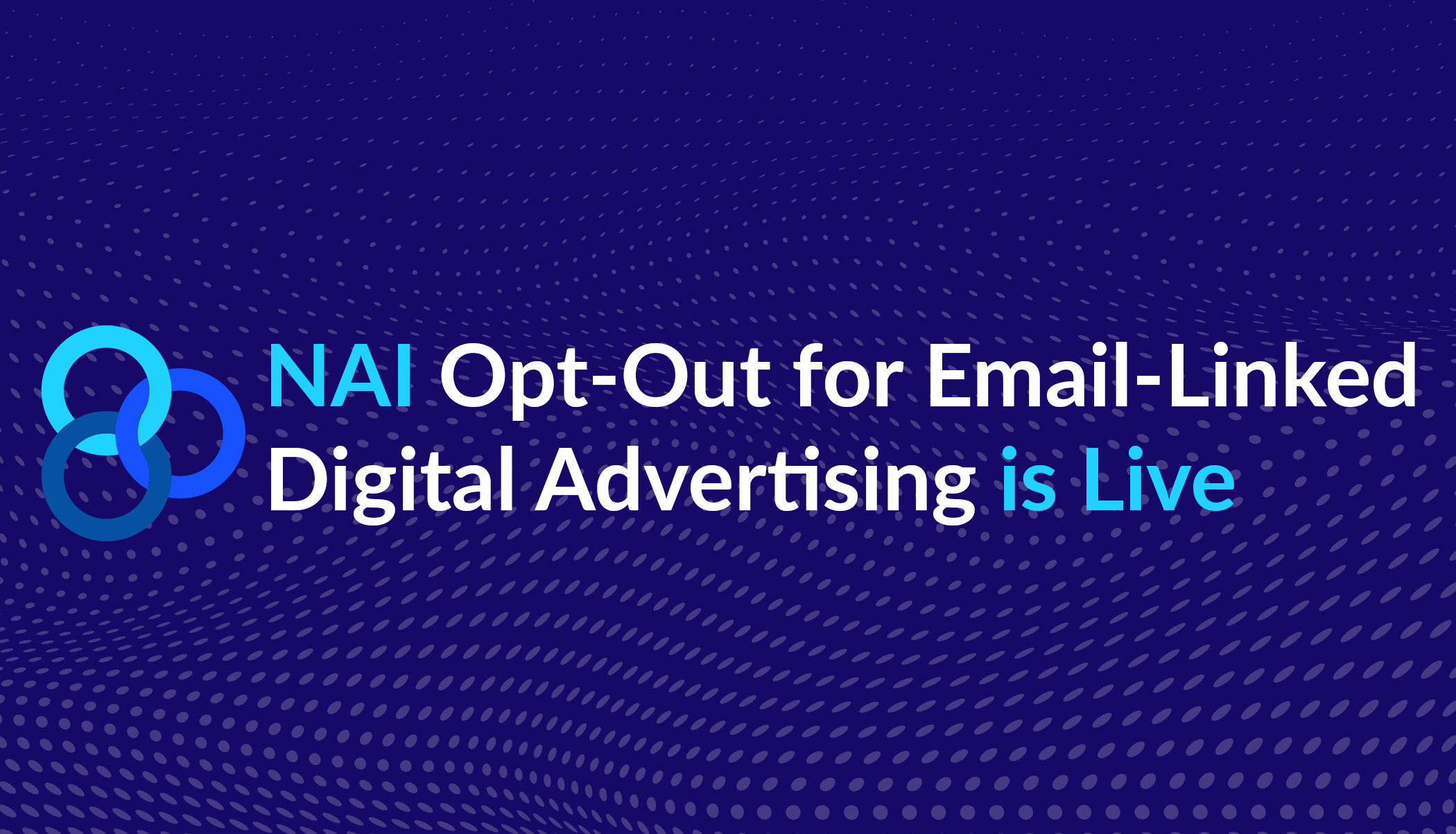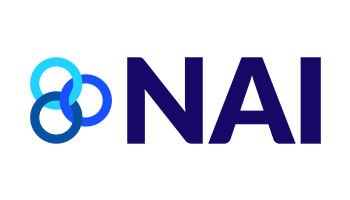On Regulation: A Response to The Economist’s Special Report on Advertising and Technology
| NAI Counsel & Assistant Director of Compliance Anthony Matyjaszewski responds to the Economist Special Report on Advertising and Technology. |
When the Economist published a Special Report on Advertising and Technology in its September 13, 2014 issue, we were pleased to see the focus on technological advances, many of them from NAI members.
But we were disappointed to read several overarching implications made in the report and in the accompanying multimedia pieces. Despite acknowledging that developments in Interest-Based Advertising – like increasingly accurate modeling of consumer behavior and programmatic buying of media – have made advertising less expensive and more efficient and even noting that “consumers may gain from advertising tailored to their particular needs,” the report appears to conclude that data collection and advertising are undesirable.
The Economist even seems to advocate for more regulation of the advertising technology industry while seemingly overlooking the achievements of self-regulation by organizations such as NAI.
We feel compelled to respond to the report because regulation of data collection and use by “third parties” in the advertising technology ecosystem is the very reason NAI exists.
To be clear, we at NAI fully agree that the process of collecting and sharing data is becoming simultaneously more common and more complicated, especially as consumers become dependent on devices like smartphones for everyday tasks. And we know that this complexity will only increase as the “Internet of Things” takes shape with connected televisions, radios, thermostats, and other appliances. We also fully support the report’s statement that this ever-evolving landscape “makes it all the more important to set up a system of rules for online data collection and advertising.”
In fact, these two premises support the majority of our work at NAI. Every day, we work tirelessly to ensure that our members – several of whom are mentioned in the report and a vast majority of the “third parties” consumers may encounter online – follow the NAI Code of Conduct. It is also the reason why we are expanding the scope of our efforts to include mobile devices.
As the leading self-regulatory association in this space, NAI proudly sets forth some of the highest standards in the third-party advertising industry. We address the most pressing issues related to Interest-Based Advertising such as consumer notice and choice, as well as transparency of data collection technologies, and the use of precise location data or sensitive data that could include health conditions or sexual orientation.
Other important aspects of the NAI Code are the key restrictions around the re-identification of users or merger of Personally Identifiable Information (PII) with the Non-Personally Identifying data collected online.
As the ecosystem constantly evolves, NAI is evolving with it. We are currently developing updated guidance to address novel issues, including the emergence of new technologies for Interest-Based Advertising.
But self-regulation is not simply guidelines; it is also enforcement. That’s why NAI also conducts a rigorous compliance program that includes automated monitoring of our members’ consumer choice mechanisms and privacy-related disclosures, as well as annual in-depth reviews of all member companies. When we spot potential problems, we work with our members to resolve them as quickly as possible. If necessary, sanctions procedures are in place to address material violations of the Code.
To summarize, we agree with the Economist special report’s conclusion that rapid changes to online advertising technology bring potential opportunities, for businesses and consumers alike, as well as potential pitfalls if responsible practices and consumer privacy are not respected and enforced.
The Economist would have done a better service to its readers if the report took a more comprehensive look at self-regulation in the U.S. instead of giving the issue one paragraph in a several thousand-word report. NAI is in a far better position than government regulators to respond in a swift and insightful manner. This is a journey, not a destination or one-time exercise. We look forward to working with responsible companies and others to help ensure the health of the ecosystem, consumer trust, and a vibrant, diverse, and free internet.








